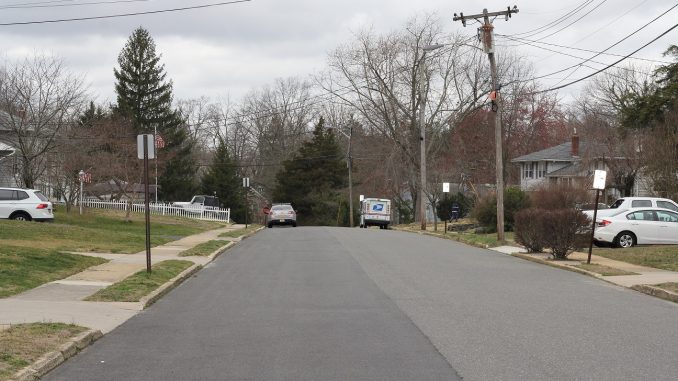
Currently, millions of Americans are being told by the government to stay in their homes for an extended period of time. So naturally, internet use is going to be at an all-time, unprecedented high. But that is where a potential problem will occur: the country’s internet infrastructure.So the coronavirus pandemic could remind us that America’s internet infrastructure sucks.
For Millenials, they experienced the growing pains of the internet as it transitioned from 56k to broadband. If you were to ask them, they could tell you all about the slow speeds and the spotty connections, especially during the summer when they were all on vacation and using the internet, in certain areas with a dense child pop, to mostly play video games or download anime and music. Suffice to say, it sucked when things didn’t work.
However, it isn’t just video games or downloading anime or music files anymore that will cause a slowdown or possible collapse. Now there are streaming and video-on-demand(VOD) services such as Netflix, Hulu, Twitch, and YouTube competing for internet bandwidth. And it is those streaming services that will be taking up a large percentage of the internet. Just look at Netflix!
Back in 2014, Netflix accounted for 34% of the internet traffic in North America according to networking equipment company Sandvine. Fast forward to 2018 and Netflix continues to make a dent in overall internet usage with 15% of worldwide internet bandwidth being taken up by Netflix consumers and is the number one downstream application in the world. YouTube accounts for 11.4% of downstream traffic, web browsing 7.8%, and MPEG transport 4.4%.
Last year, Netflix finally dropped out of first place worldwide when it came to bandwidth consumption with web-based media streaming apps taking its place according to Sandvine. In North America, HTTP media stream accounted for 17.3%, operator IPTV 15%, Netflix 12.9%, YouTube 6.3%, HTTP downloads 4.5%, HTTP transport Layer Security at 4.4%, and HTTP 3.2%, with gaming services finally showing up at the end of the list with Sony Download accounting for 2.6% and XBOX Live 2.6% while Facebook rounds out the list at 2.2%.
Overall, according to Sandvine, video took up 60.6% of the total downstream volume on internet traffic while web traffic came in second with 13.1%. Meanwhile, gaming accounted for 8%, social media 6.1%, and file sharing 4.2%. Now this is all before the Wuhan virus pandemic that is resulting in governments telling or forcing citizens to stay indoors.
Of course, America’s internet infrastructure will not be able to handle the unprecedented demand that is resulting as more and more States are locking down. This is due to internet service providers not wanting to invest in upgrading their services but, at the same time, these same companies have no problem enforcing data caps and throttling speeds when necessary.
Through lack of competition in many areas, failure to upgrade infrastructure, and a lack of preparedness I won’t be surprised to see ISPs throttling download/upload speeds along with other services. In Europe, we are already seeing Netflix, YouTube, and Netflix lowering the video quality in order to reduce internet use. The same will happen here in the States, but it will not be enough. Chances are, we could see internet connections be significantly slowed or become spotty. We will probably also hear stories about the internet cutting out completely in many areas as the number of people who stay home continues to increase the longer this pandemic continues to be a threat.
Not a good thing to be happening when a lot of workers are now working at home. Not to mention that middle school kids, high schoolers, and college students are relying on a stable internet to learn from home.
So could America’s entire internet infrastructure go out during this pandemic? It is possible, but it is more likely that it will be portions of the country that will see this happen. In my opinion, it will be mainly densely populated cities and areas and even the most populated states will experience these problems.
The question we have to ask is, how bad is it going to get and will ISPs be in a position to quickly deal with the problem in a way that doesn’t affect our society’s reliance on the internet?
What do you think? Sound off in the comments below and let us know if you are in a lockdowned state and already experiencing issues with your internet.

